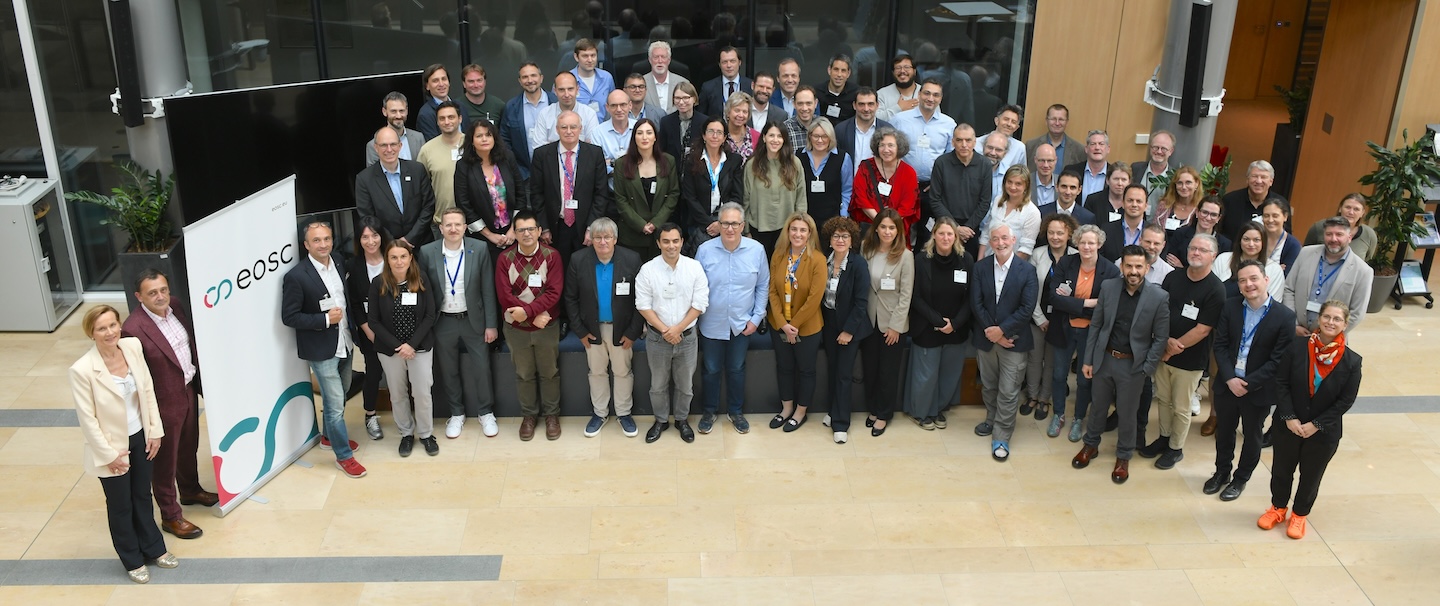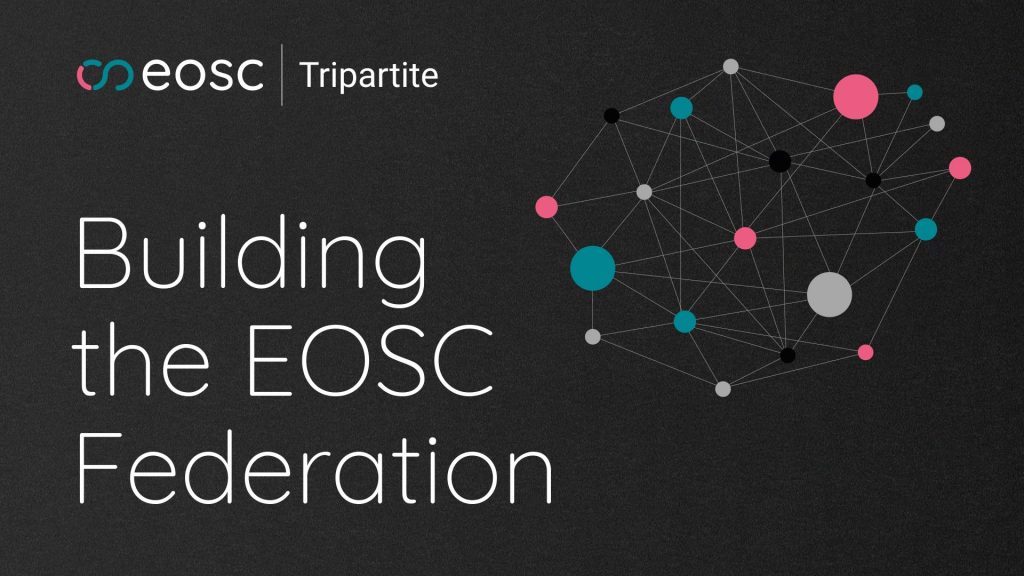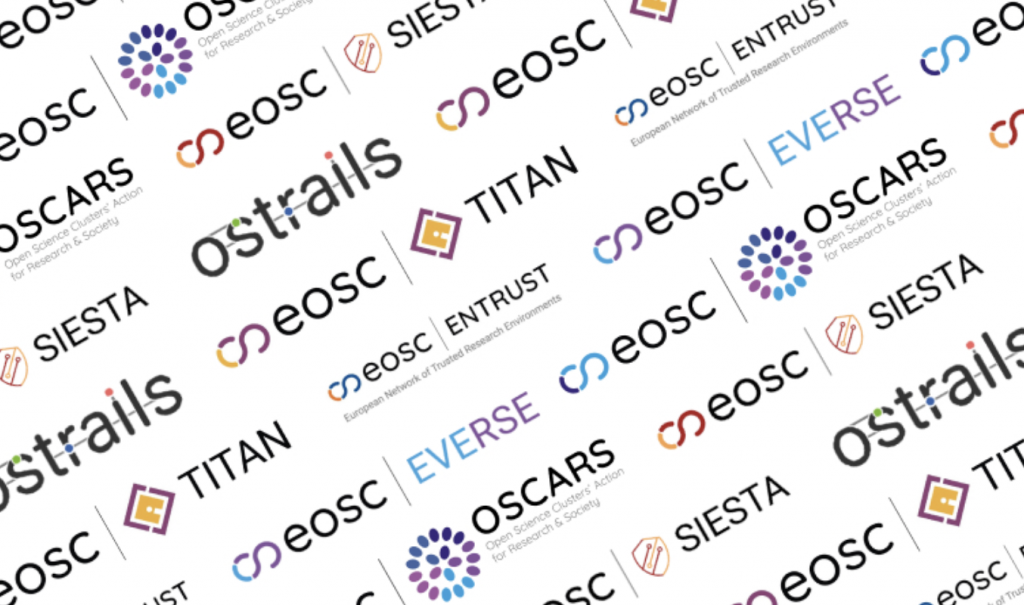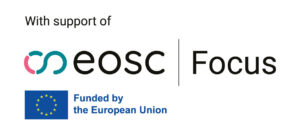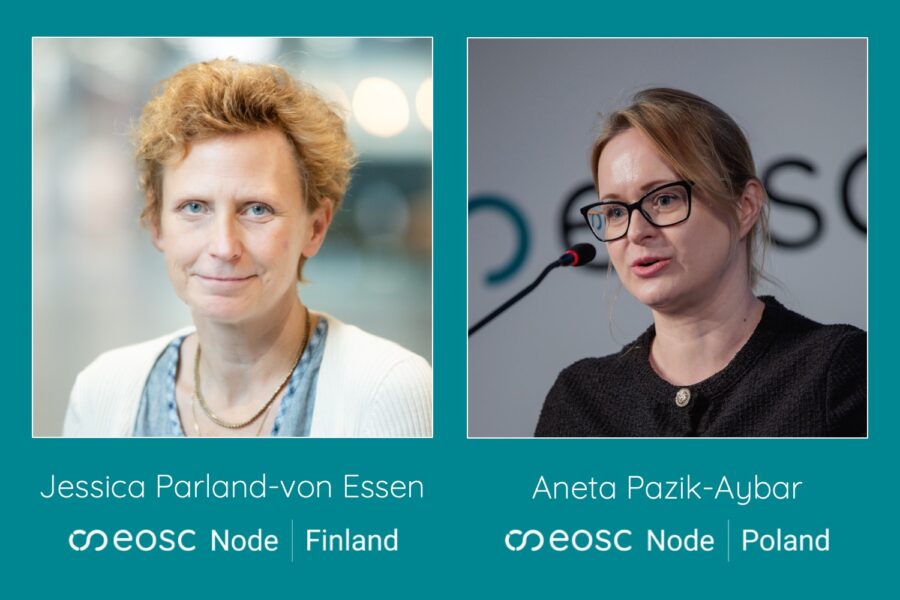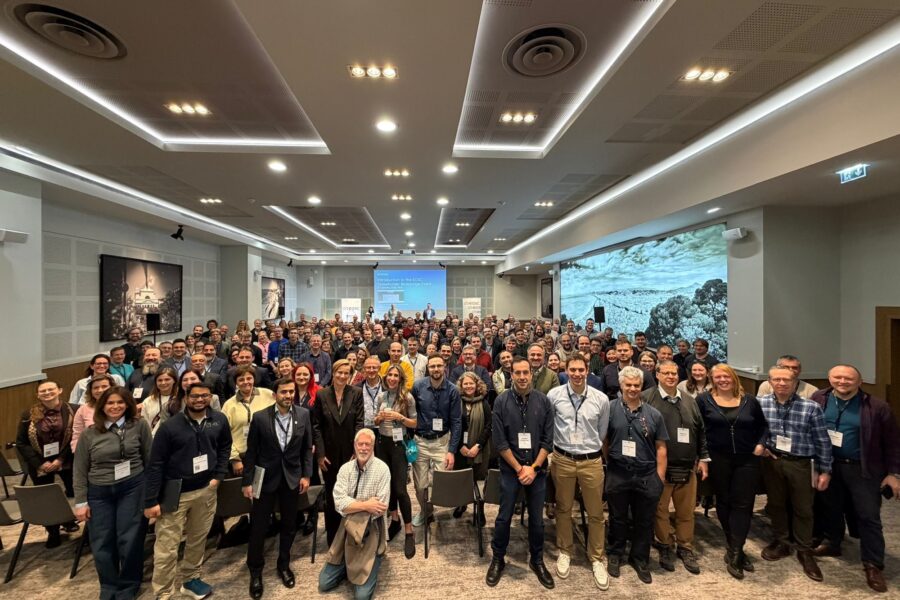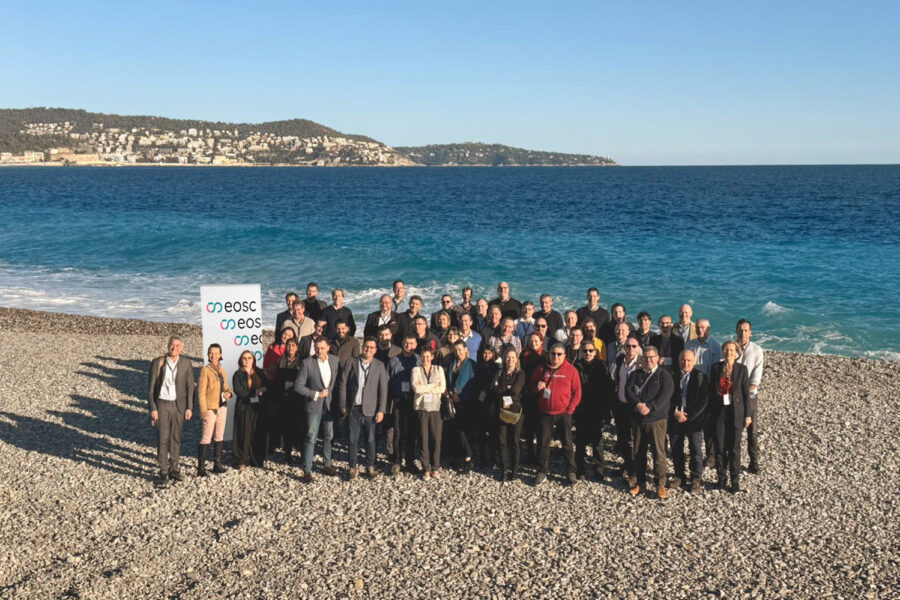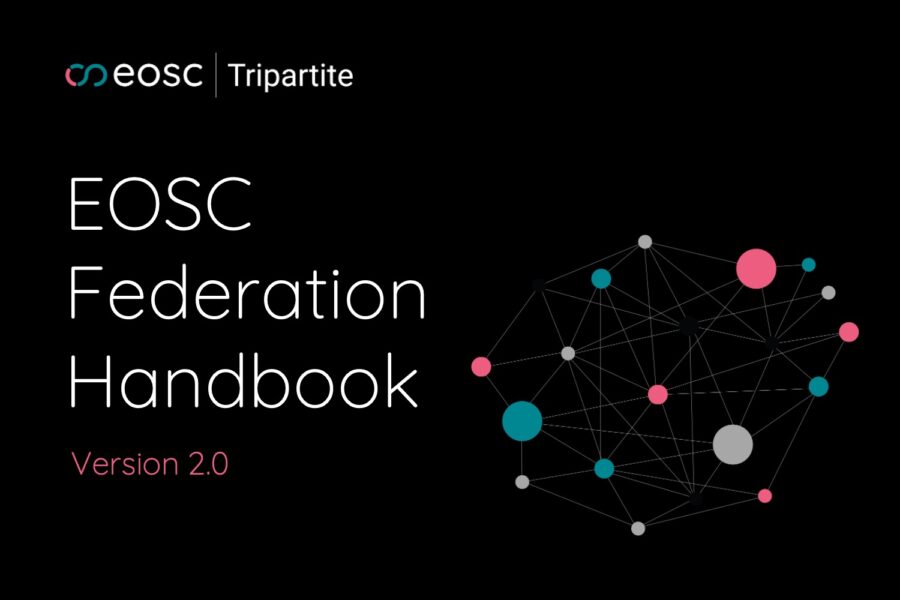BRUSSELS — On 20-21 June 2024, the European Commission, represented by DG for Research and Innovation (DG RTD), DG for Communications Networks Content and Technology (DG CNECT), and the European Research Executive Agency (REA), held the 2024 Coordination meeting of EOSC-related projects funded under Horizon Europe.
Photo by Marcin Plociennik
The event was opened by Michael Arentoft, Head of the Open Science and Research Infrastructures Unit at DG RTD, and Karel Luyben, President of the EOSC Association. Arentoft reminded the projects about the dual role of EOSC:
- A policy process to mobilise, align and scale resources to accelerate Open Science, higher quality and productivity and reproducibility in research; and
- A trusted federation of collaborative and autonomous infrastructures combined into a system of systems to enable European researchers to store, share, process, analyse and reuse research digital objects.
He also stressed the pivotal role of EOSC in establishing the European Digital Single Market, in particular its contribution to the creation of a European Knowledge Commons, quoting the recent report by Enrico Letta, titled, Much more than a market.
Towards the EOSC Federation
Arentoft’s talk was followed by Karel Luyben’s presentation to update the participants on the ongoing activities of the EOSC Association, including the current efforts to set up the EOSC Federation. The opening talks were complemented by two sessions fully dedicated to the EOSC Federation.
The first one was an info session on the status of development of the EOSC EU Node, delivered by DG CNECT and representatives of the contractors’ consortium.
The second session focused on the status of the implementation of the EOSC Federation where DG RTD, EOSC-A, and Volker Beckmann, Co-chair of the EOSC Steering Board, presented activities of the recently launched Tripartite Group aimed at supporting the decision-making by the EOSC Tripartite Governance.
They reminded the projects about the ongoing process to establish the EOSC Federation:
- The preparation of the EOSC Federation Handbook to describe in detail the characteristics and rules of the EOSC Federation,
- Followed by a testing phase where the Handbook specifications will be refined and evolved. A questionnaire has been recently launched by the Tripartite Group to assess the interest and readiness of potential nodes to join the EOSC Federation.
New INFRAEOSC projects and EOSC OA Expert Groups
During the meeting, seven INFRAEOSC projects that started this year—EOSC Beyond, EOSC ENTRUST, EVERSE, OSCARS, OSTrails, SIESTA and TITAN—presented their objectives and workplans. The recently established EOSC Opportunity Area (OA) Expert Groups briefly presented their joint activities and plans for the next months.
The EOSC OA Expert Groups constitute an important mechanism for collaboration on technical and related matters within the Horizon Europe Co-programmed Partnership for EOSC. They are a product of the voluntary collaboration across the EOSC-related projects and are designed to maximise the impact of the projects through strategic collaboration and co-creation of outputs with experts from the EOSC-A Task Forces. Six EOSC OA Expert Groups are operational at the moment:
- OA Expert Group 1: Persistent Identifiers
- OA Expert Group 2: Metadata, Ontologies and Interoperability
- OA Expert Group 3: FAIR Assessment and Alignment
- OA Expert Group 4: User and Resource Environments
- OA Expert Group 5: Skills, Training, Rewards, Recognition and Upscaling
- OA Expert Group 6: Open Scholarly Communication
Improved collaboration paves the way for project alignment
The meeting was permeated by a very positive and collaborative atmosphere. Thanks to the annual coordination meetings organised by the European Commission (EC), the engagement opportunities created by the EOSC Association and the EOSC Focus project, and the proactive attitude of everyone involved in the INFRAOESC projects, collaboration among the projects has improved. This has helped to overcome some of the limitations of the grants-based approach to fund and implement EOSC.
The latter aspect was highlighted during the meeting as a factor that can limit the impact of projects, especially the sustainability of their results and uptake in specific EOSC developments. Thanks to an open dialogue between the projects, EC, REA and the EOSC Association, constructive ideas on how to maximise the impact of the projects were put on the table.
Next meeting and future activities
The next meeting of the INFRAEOSC projects will take place during the EOSC Symposium on 21-23 October 2024, in Berlin. On the first day, a session called, INFRAEOSC projects: Early results and future plans for the common collaboration areas, will be dedicated to the collaborative work of the projects. Interested participants can register here.
During the meeting in Brussels, the projects also started to plan the next Winter School, to take place in January 2025. Organised for the first time in January 2024, the Winter School is a powerful instrument to facilitate technical collaboration among INFRAEOSC projects. It gives project participants a unique opportunity to immerse in a full week of all-hands sessions to deep dive into technical details of project implementation and to explore concrete ways of collaboration.
A full report of the EC Coordination meeting is under preparation by the European Commission.
Agenda and slides
The final agenda of the meeting, along with slides presented during the eight sessions, are available here:

